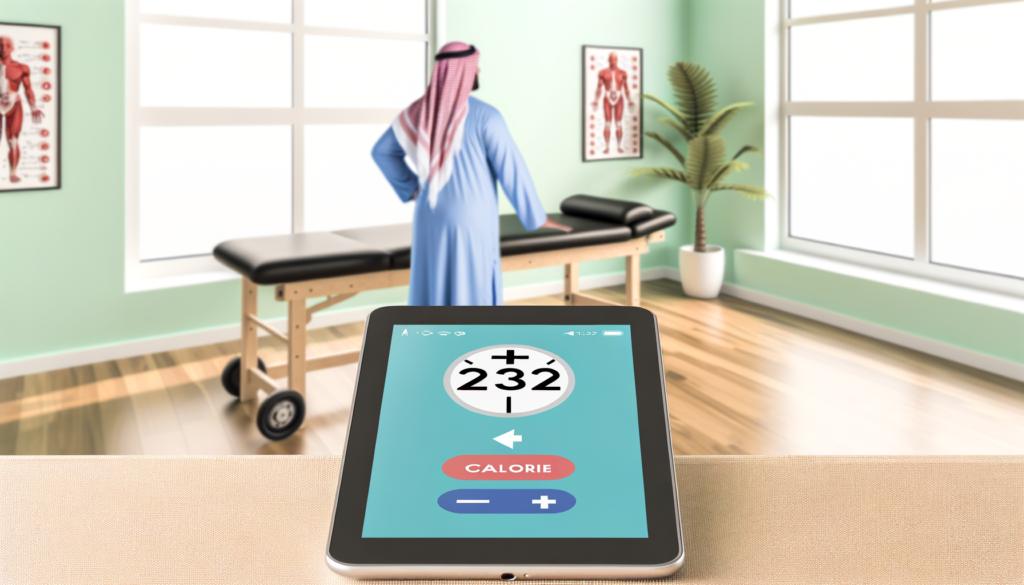Establishing a Foundation of Trust in Nutrition Counseling
Building trust with clients is a cornerstone of successful nutrition counseling. Trust is not something that can be demanded; it must be earned through a combination of empathy, expertise, and personalized guidance. In this article, we will delve into the strategies and skills necessary for establishing and maintaining client trust, ensuring that your nutrition guidance is both effective and well-received.
Establishing Rapport and Building Relationships
The first step in building trust with your clients is to establish a strong rapport. This involves creating a friendly and respectful atmosphere where clients feel valued and comfortable. According to experts, this can be achieved by greeting clients warmly, using their names, showing genuine interest in their lives, and acknowledging their strengths and challenges.
Active listening is crucial in this initial phase. Using open-ended questions, affirmations, reflections, and summaries (OARS) helps to show that you are listening and understanding their perspectives, feelings, and goals. This approach not only builds rapport but also sets the stage for open communication and collaboration throughout the client’s journey.
Expressing Empathy and Understanding
Empathy is a fundamental component of building trust. It involves conveying that you care about your clients and their situation without judging, blaming, or criticizing them. Reflective listening, where you repeat or rephrase what the client says to confirm or clarify their meaning, is a powerful tool in expressing empathy. Empathic statements such as “I can see how hard this is for you” or “You have been through a lot” can also help clients feel heard, validated, and supported.
Empathy is not just about using words; it’s about putting yourself in your client’s shoes and showing that you genuinely care. Active listening, asking the right questions, and being reflective are all essential in making clients feel that their feelings and thoughts matter.
Conducting Comprehensive Assessments
Before crafting a nutrition plan, it’s essential to conduct comprehensive assessments of your client’s current dietary habits, lifestyle, medical history, and specific goals. Utilize assessment tools, questionnaires, and in-depth conversations to gather crucial information. This holistic approach ensures that your recommendations are personalized and effective.
For instance, using tools like Calorie Calculator Cloud can help you assess your client’s calorie needs accurately, providing a solid foundation for their nutrition plan. Such tools can also help in tracking progress and making necessary adjustments.
Setting Realistic and Achievable Goals
Collaboratively setting SMART (Specific, Measurable, Achievable, Relevant, Time-bound) goals with your client is vital. These goals should be tailored to their unique circumstances and preferences, avoiding overambitious targets that could lead to frustration. Instead, focus on incremental changes that accumulate over time.
SMART goals not only help clients set realistic targets but also make it easier to monitor progress and stay motivated. This approach builds a sense of accomplishment and reinforces their commitment to the journey.
Providing Ongoing Support and Education
The journey towards nutritional goals can be challenging, and ongoing support is crucial. Regular check-ins, progress assessments, and adjustments to the plan based on client feedback and results can help them stay on track and feel valued. Empowering your clients with the knowledge they need to make informed decisions is also key. Explain the science behind your recommendations, highlighting the benefits and potential challenges, to foster a deeper understanding and equip them to make sustainable choices independently.
Technology can play a significant role in this process. Nutrition-tracking apps, for example, provide a convenient way for clients to log their meals, track their progress, and receive feedback. These apps can also offer valuable insights and data that you can use to adjust plans and provide better guidance.
Adaptability and Continuous Learning
Life is dynamic, and circumstances can change. Be prepared to adjust your client’s nutrition plan based on their evolving goals, preferences, and any new developments in their life. Flexibility and adaptability are crucial for long-term success.
The field of nutrition is ever-evolving, and staying up-to-date with the latest research, trends, and guidelines is essential. Continuing education allows you to provide the most accurate and effective guidance to your clients, enhancing your professional credibility and trustworthiness.
Celebrating Milestones and Progress
Acknowledge and celebrate your client’s achievements, no matter how small. Recognizing their progress boosts motivation and reinforces their commitment to the journey. This positive reinforcement helps in fostering a healthy relationship with food and promotes a balanced and moderate approach to nutrition.
Maintaining Professional Credibility
Professional credibility is integral to building and maintaining client trust. This involves demonstrating integrity, respect for client values, and a commitment to their welfare. Effective communication, active listening, and empathy are all critical components of a trustworthy professional relationship.
By using tools like Calorie Calculator Plans, you can ensure that your recommendations are based on accurate and reliable data, further enhancing your credibility and the trust your clients place in you.
Conclusion and Next Steps
Building trust with clients through accurate nutrition guidance is a multifaceted process that requires empathy, expertise, and personalized care. By establishing rapport, expressing empathy, conducting comprehensive assessments, setting realistic goals, providing ongoing support, and adapting to changing circumstances, you can empower your clients to make meaningful changes that lead to lasting health improvements.
If you are looking to enhance your skills in nutrition counseling and build stronger relationships with your clients, consider exploring more resources on our site, such as Calorie Calculator Cloud, which offers a range of tools and insights to support your practice.
Remember, trust is earned over time through consistent effort and genuine care. By focusing on these key strategies, you can establish a foundation of trust that will help your clients achieve their health goals and maintain a positive relationship with food.








